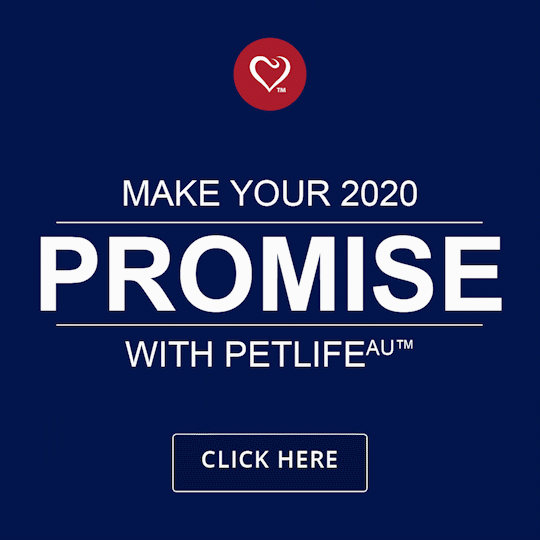HEALTH & WELLNESS

TRENDING

SIGN UP and Start Receiving
Our Monthly Newsletter,
The Chronicles
WHY CHOCOLATE IS BAD FOR DOGS

To spread awareness and help avoid tragedies, we are reaching out to talk about the dangers chocolate holds for pets.
Why Chocolate is Not Meant for Dogs
Chocolate products meant for humans can cause mild to severe reactions in domestic dogs. In fact, affected dogs may need urgent veterinary treatment and some can even die after ingesting chocolate.
How Do Dogs Get Hold of Chocolates?
The problem is twofold. The first is lack of awareness: An alarming number of dog parents simply don’t know that chocolate is bad for dogs. The second is negligence: Dogs find the chocolates on their own and eat them.
The Dangers of Chocolate Consumption
- Risk of obesity
- Gastrointestinal upsets such as vomiting, diarrhoea and pancreatitis due to high fat content
- Dangers of eating the packaging
- Severe or even deadly poisoning from the cacao content in chocolate
The main problem is a compound called theobromine that’s obtained from cacao seeds. While it’s tolerated by people, it is slow to breakdown in dogs. High circulating levels of theobromine have a toxic effect on the central nervous system, heart and respiratory system, for which there is no antidote.
Amounts of theobromine in chocolates vary according to type. Baking chocolate and dark chocolate are the most dangerous as they have a higher cacao content. Milk chocolate and white chocolate are dangerous as well and pose other dangers due to their fat content. NB: Chocolates containing raisins and/or macadamia nuts have the potential to be even even more dangerous.
It’s estimated that ingesting about 50 g and 400 g of plain chocolate could be fatal for a small dog and average size dog, respectively.
How to Protect Your Dog
- Never feed your dog chocolates that are meant for humans.
- Hide all chocolates and candy out of reach and out of sight.
- If you notice that chocolate has gone missing and you suspect your dog ate it, call your veterinarian immediately.
- If you notice signs of ingestion (excitability, drooling, excessive thirst, sore abdomen, rapid heart rate, blood in vomit and/or seizures), take your dog to a veterinarian immediately where they can try to manage the symptoms.
If you really want to treat your dog, only give him or her an appropriate amount of natural foods that are safe for dogs to consume (e.g. carrots) or healthy snacks specially created for dogs.
Related Article
Can Dogs Eat That? Read Now








